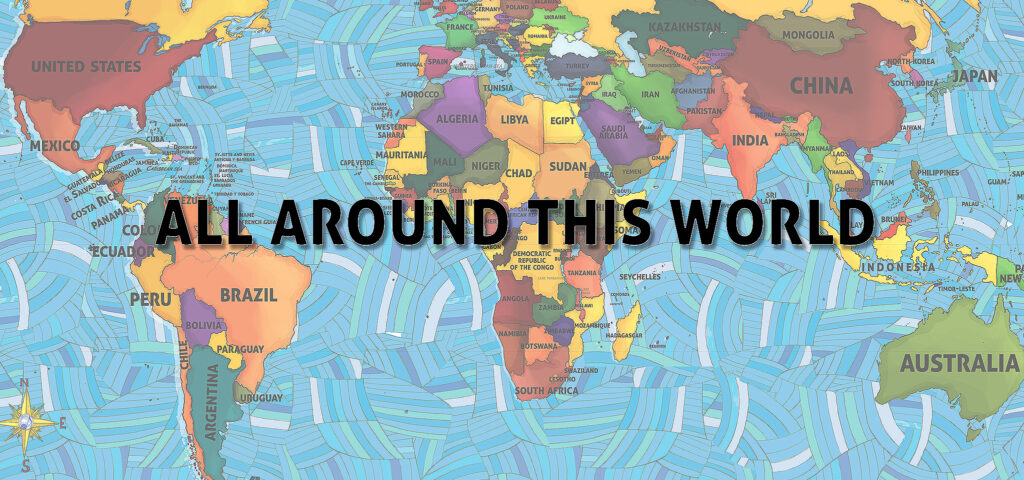Bulgaria has a millennium-long, cyclical history of ruling Southeastern Europe by force, eventually succumbing to stronger empires, struggling against those powers to achieve independence, then building up militarily to start the whole series of events again. Three dominant Bulgarian states have risen and fallen since the 9th century. Today’s Bulgaria lacks the military force of its predecessors, but maybe breaking this kind of cycle isn’t necessarily a bad thing.
Bulgarians unified into a cohesive ethnicity about thirteen hundred years ago when Bulgars, Slavs and Thracians came together to form the First Bulgarian Empire. During the Empire, strong rulers halted a full Arab invasion of Eastern Europe and replaced pagan observances such as Tengriism with Eastern Orthodox Christianity. In 1018 the Byzantine Empire conquered the Bulgarians, but in 1185 the Bulgarians revolted, thus beginning the Second Bulgarian Empire…which fell in the late 14th century to the Ottoman Turks. During the next five centuries of Ottoman rule the Bulgarians rebelled often, but to no avail. Then, in 1878, some avail! The Russians beat back the Ottomans eventually Bulgaria became independent. Hence, the Third Bulgarian State…which almost collapsed in 1919 after fighting with the losing Central Powers in World War I. Between World Wars I and II, Boris Klemens Robert Maria Pius Ludwig Stanislas Xaver, also known as Boris III (or, when his publicity team really got into gear, Boris the Unifier), became king. He defeated Communist and Agrarian Union challenges to the monarchy but couldn’t defeat the Nazis, though he did refuse to allow them to exterminate the Jewish population of much of Bulgaria.
In 1944, a year after the death of Boris III, Bulgarian Communists overthrew the monarchy, developed strong ties with the USSR and established single party rule. Todor Zhivko became leader of the “People’s Republic of Bulgaria” in 1954 and reigned until 1989, most often stepping alongside the Kremlin but occasionally asserting a bit of Bulgarian nationalism. When the Soviets left in 1989, Bulgaria transitioned to a multiparty, parliamentary democracy and a free market economy, which since grown–at least until the 2008-2010 recession–though so has economic inequality. Bulgaria joined the European Union in 2007 with many high hopes, and also, according to this 2007 BBC-TV series, realistic fears.
More information:
Wikipedia on Bulgaria | Boris the Baptist: paving the way for Christianity in Bulgaria by paving over paganism | The fascinating story of Tsar Boris III: he fought leftists to keep his monarchy, stalled the Nazis to save Bulgarian Jews (though not all), died a suspicious death and ended up with his entire body gone, except for his heart | Todor Zhivko: love him or hate him, he ruled Bulgaria for a long time | Can you name the nine UNESCO World Heritage sites in Bulgaria? (First guess…the Ancient City of Nessebar!!)


Comments are closed.